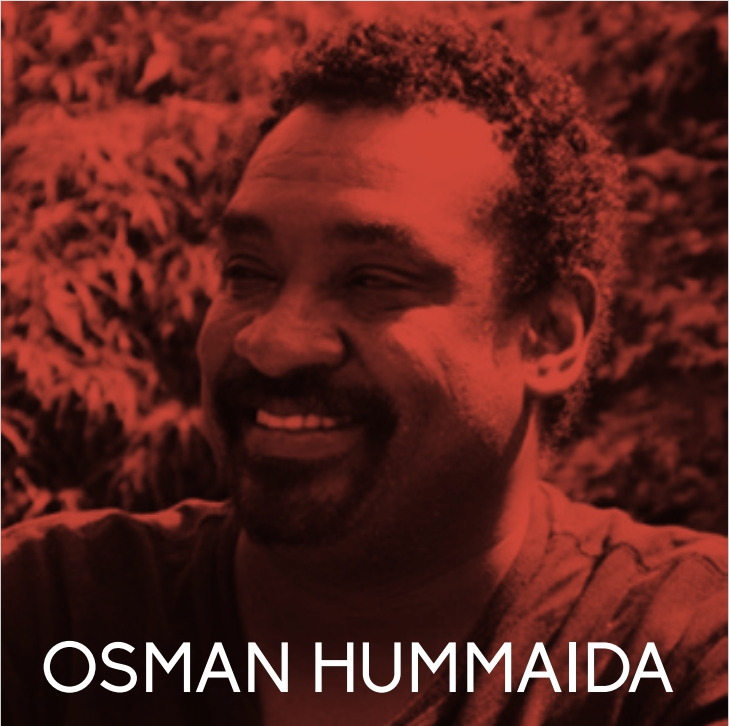EAST AND HORN OF AFRICA HUMAN RIGHTS DEFENDERS NETWORK
Kampala: Ethiopian parliament should reject Draft Anti-Terrorism Proclamation and end legislative affront on independent civil society
The Ethiopian parliament should bring an end to the legal affront on independent civil society by rejecting the current Draft Anti-Terrorism Proclamation which requires significant amendments if basic human rights, notably the freedom of expression and assembly, protected under the country’s national, regional and international obligations are to be respected.
The Draft Proclamation, currently in front of the Ethiopian parliament that is dominated by the ruling Ethiopian People’s Revolutionary Democratic Front (EPRDF) party, contains several provisions of particular concern. If not amended, these provisions risk to give further legitimacy to recent government abuses on basic civil and political freedoms by offering the authorities a new range of tools with which to clampdown on peaceful opposition and criticism.
First and foremost the very definition of terrorism put forward in the Draft is vague and therefore gives ample space for the authorities to implement the law in a haphazard manner notably to criminalise legitimate non-violent activism such as undertaken by human rights defenders amongst others. The definition of terrorist acts also has the potential of being used to criminalise legitimate peaceful protests and demonstrations, notably by describing as such acts which “cause serious damage to property” if carried out with the intention of influencing the government. It also offers the government another instrument with which to restrict freedom of speech and expression by broadly defining forms of speech that are to be considered as “encouraging or supporting terrorism” thereby potentially including a positive remark made in support of a legitimate human rights march or rally. The draft bill will also see the power of the police significantly increased enabling them to arrest and detain individuals without judicial warrant solely on the basis of having “reasonable grounds” to believe that a terrorist act “has, is being or will be committed”.
The Draft Anti-Terrorism Proclamation is of particular concern given the Ethiopian authorities’ increasing use of legal constraints as a means of further heightening their oversight and control over the legitimate work of human rights defenders and legalising the restrictions on democratic space and civil society which have become more or less common practice since the contested 2005 elections.
It clearly follows the trend set by last year’s Media law and more particularly by the infamous Proclamation on Charities and Societies in January 2009, which threatens the very future of the human rights movement in the country by limiting the activities of organisations and their funding sources; it is also in line with recent more traditional forms of repression, notably the arbitrary arrest and sentencing of Birtukan Mideksa, the leader of one of the main opposition parties, Unity for Democracy and Justice (UDJ).
“It is vital that the donor community which has continued to offer significant support to the Ethiopian authorities since the 2005 contested elections makes clear that the passing of such legislation with potentially highly detrimental consequences on the country’s human rights situation, will not occur without significant repercussions” says Mr Hassan Shire Sheikh, Executive Director of the East and Horn of Africa Human Rights Defenders Project (EHAHRDP).
EHAHRDP therefore calls on the Ethiopian parliament:
- To reject the current Draft Anti-Terrorism Proclamation and call for its significant amendment in close and effective consultation with members of Ethiopian human rights organisations and civil society amongst other actors;
- To ensure that any future versions of the Draft are in line with Ethiopia’s national, regional and international obligations, notably on freedom of expression and assembly.
EHAHRDP calls on the regional and international community:
- To ensure that all forthcoming assistance and support to the Ethiopian government – whether political or financial – is made conditional on the respect of key basic human rights;
- To call the Ethiopian authorities to end all practices, notably the current legislative affront, which threaten freedom of expression and prevent human rights defenders from pursuing their legitimate work.
For more information please contact Ms Laetitia Bader, Human Rights Officer at EHAHRDP: [email protected] or +257 79 29 7806.

